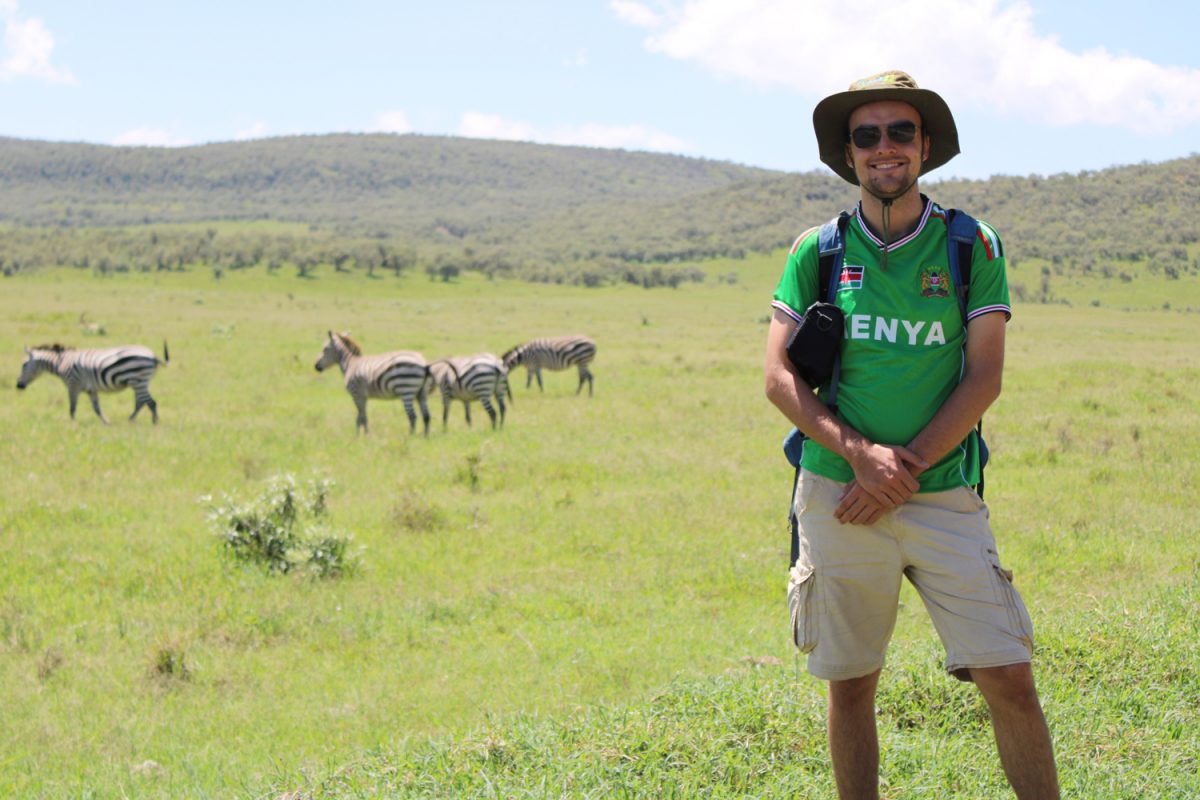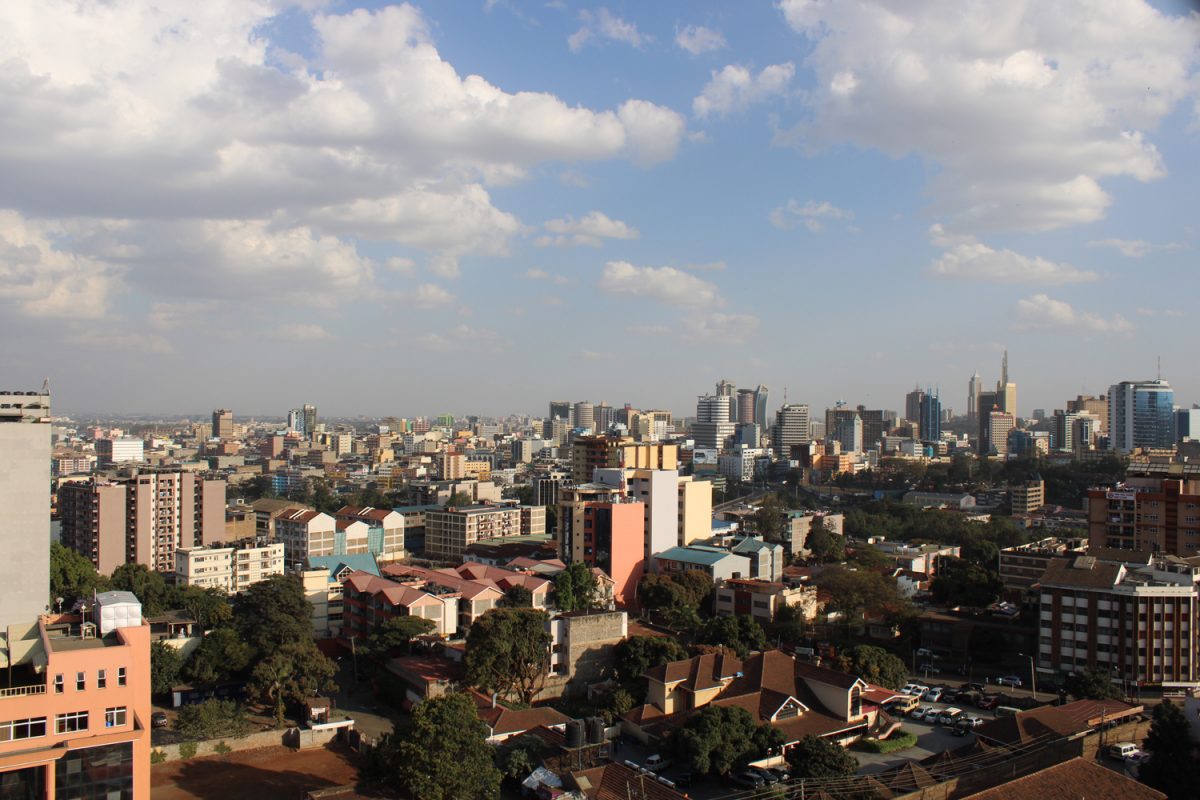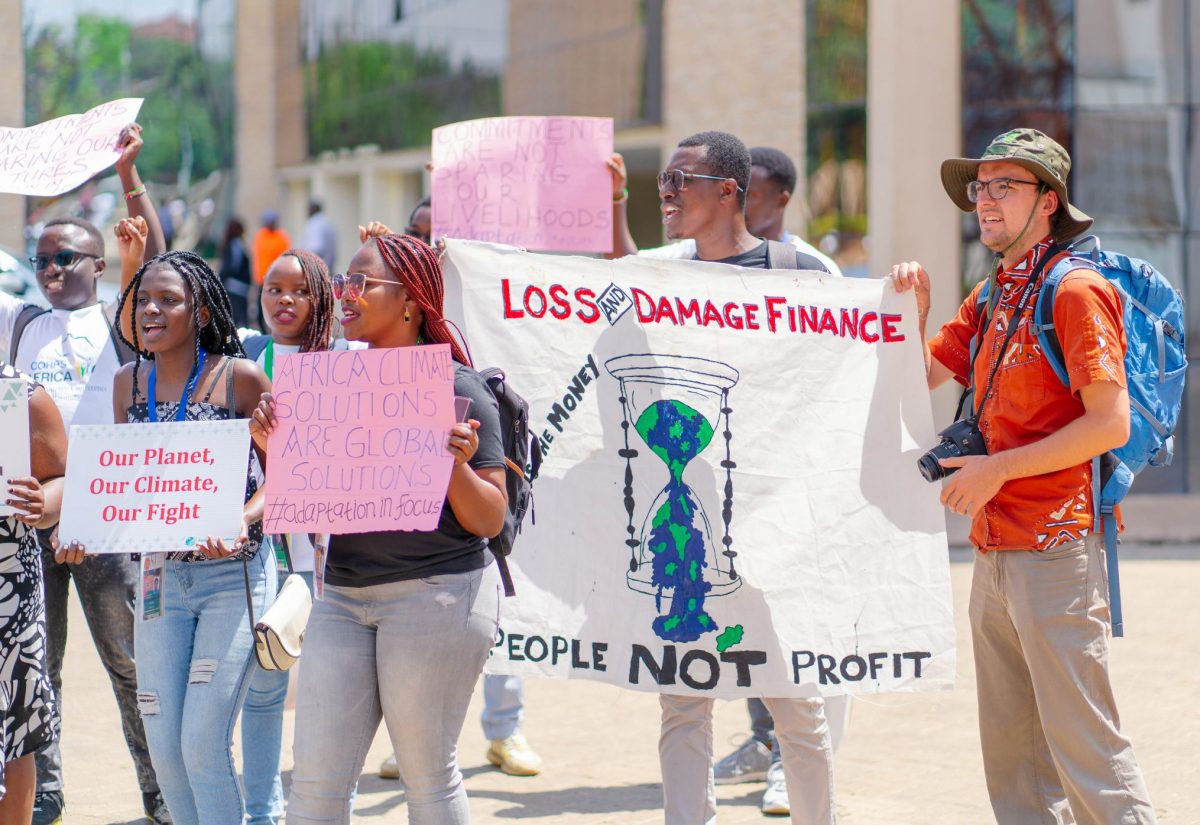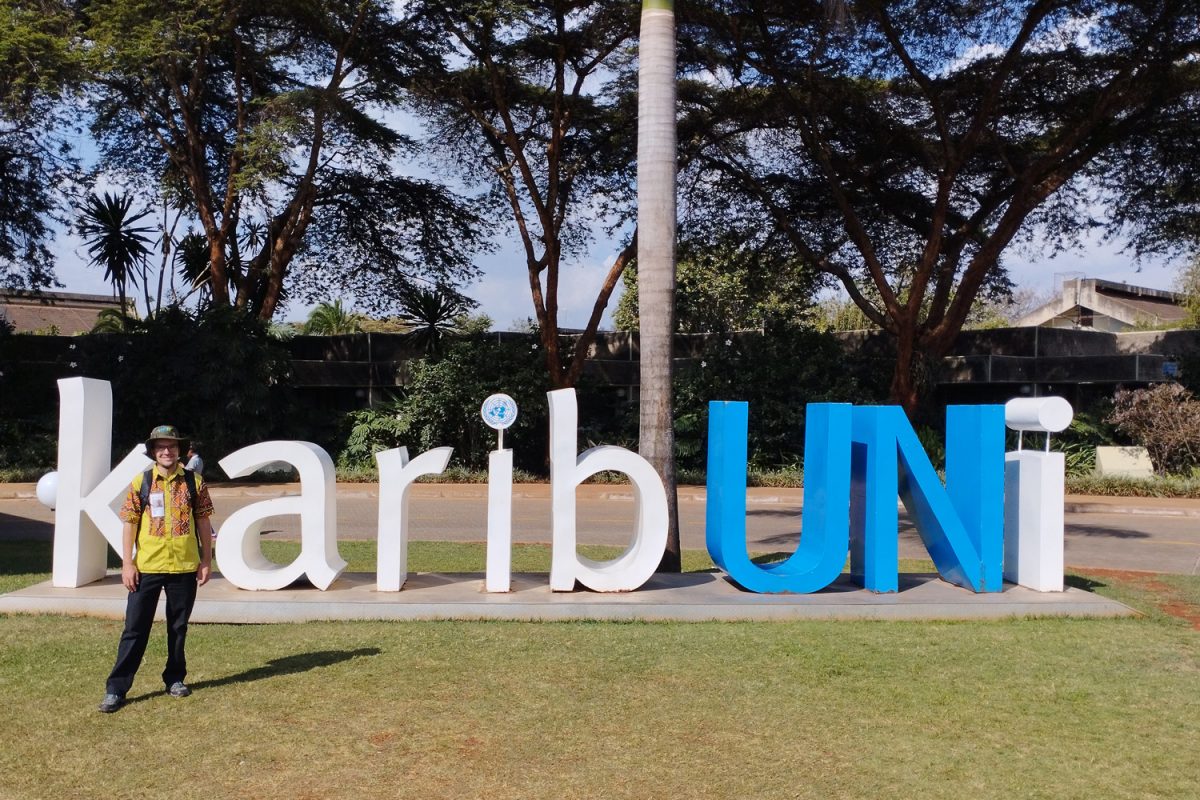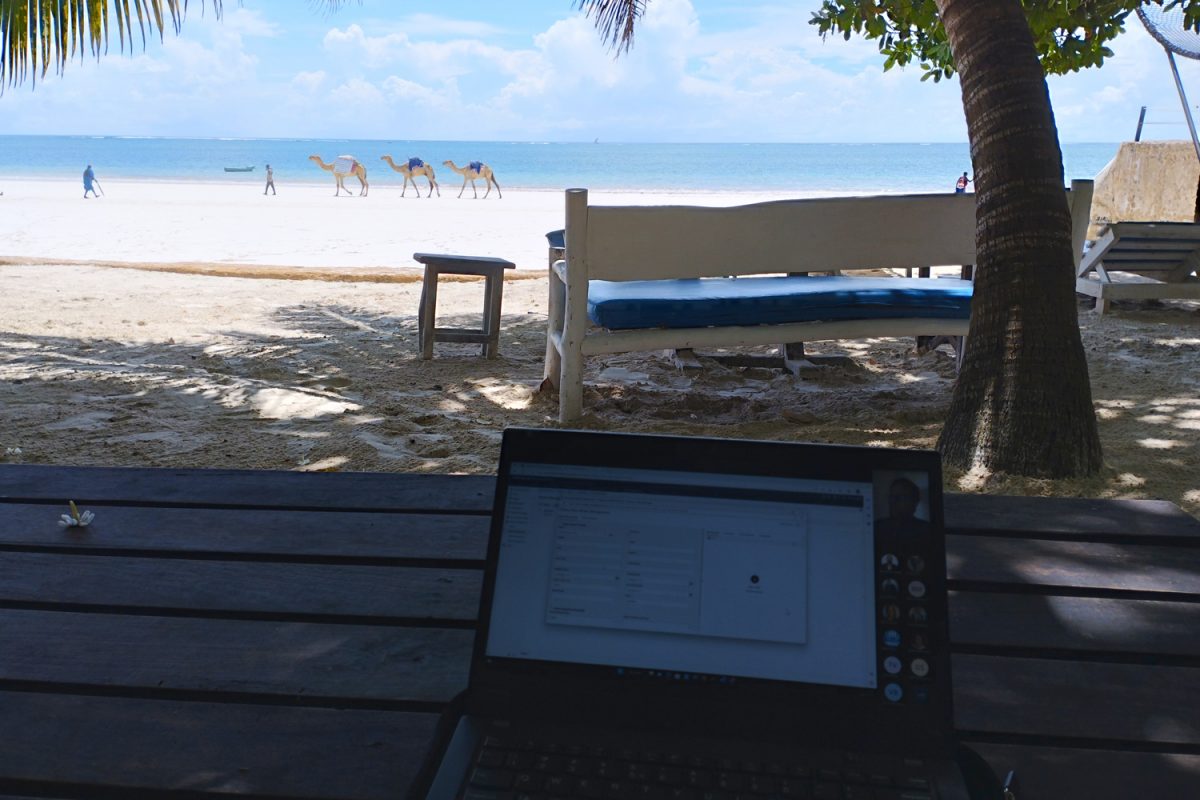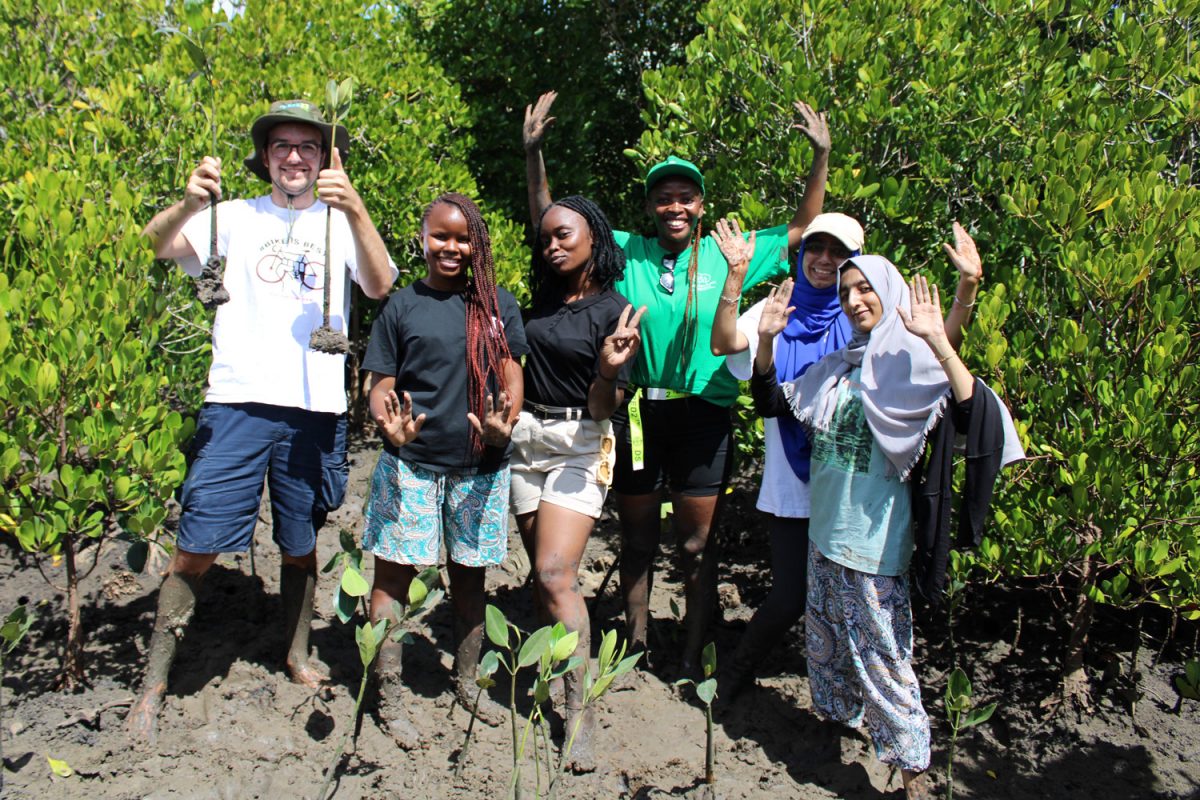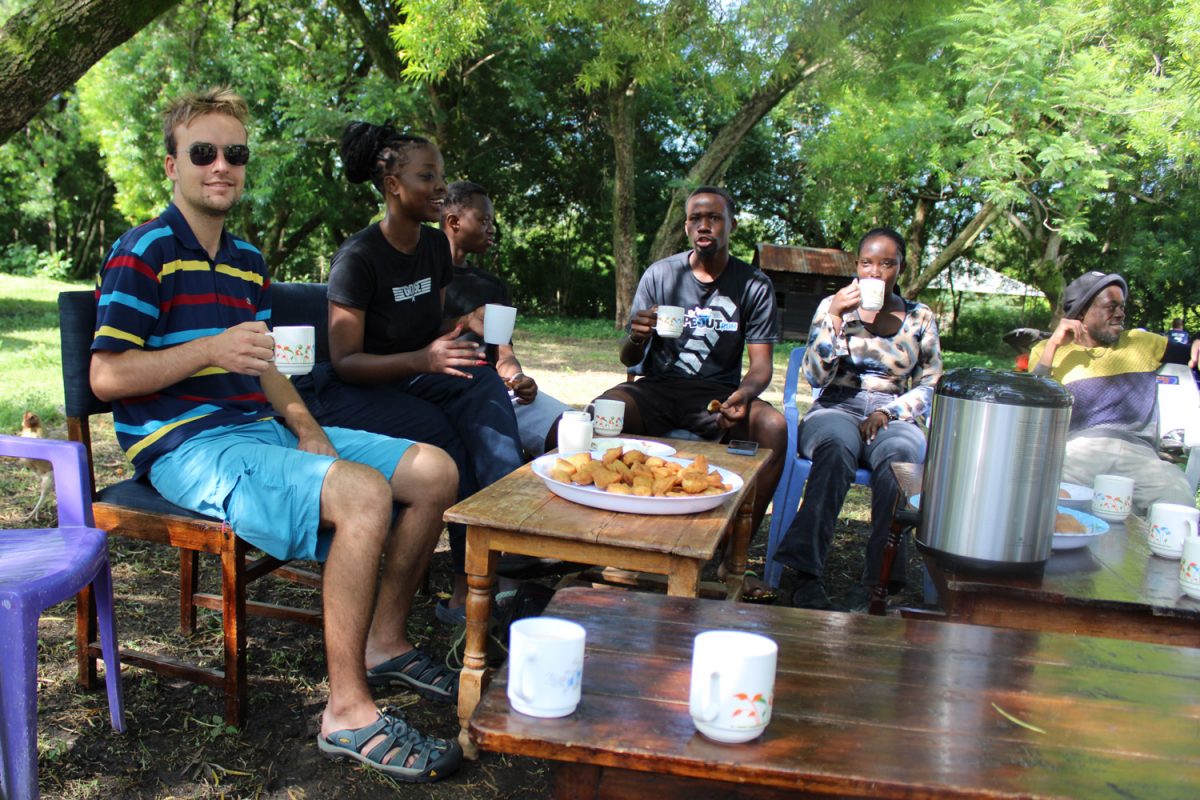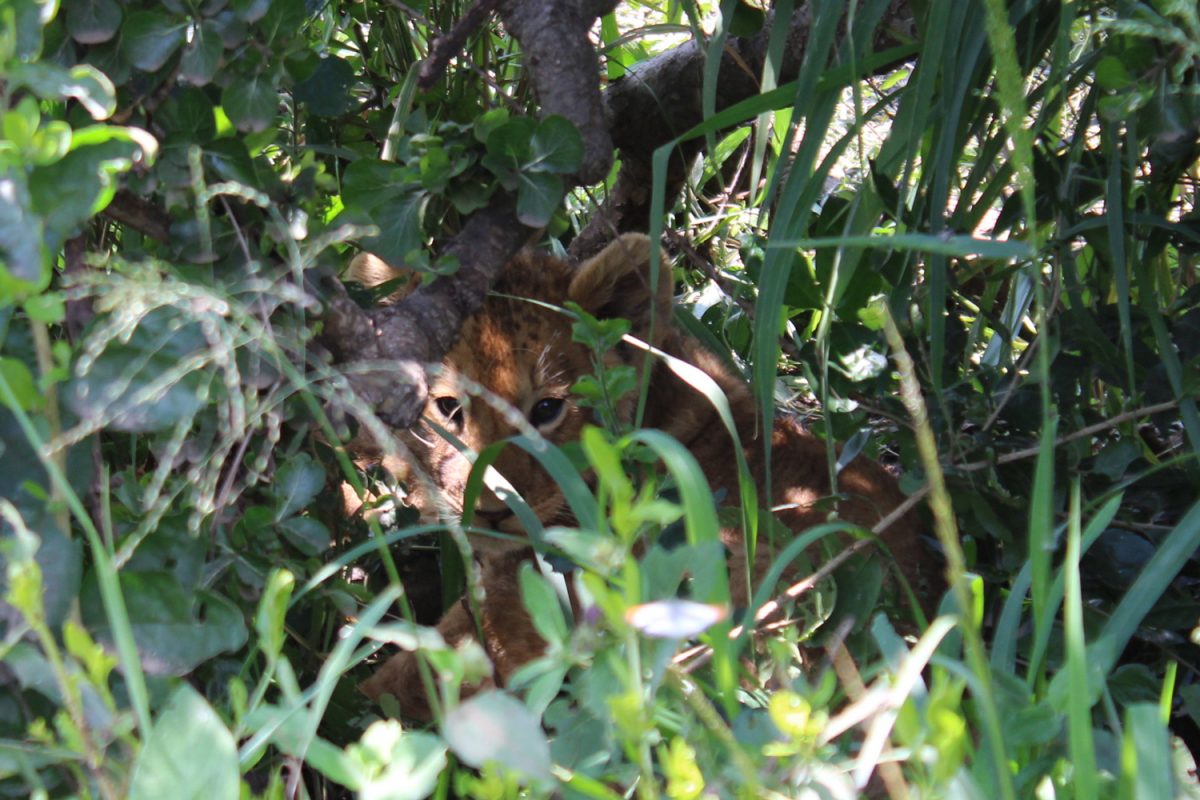Mail from … Kenya Environmental engineering student Nils Michalke undertakes an internship in Nairobi
General Information
This is where I live at the moment:
In Nairobi, Kenya.
That’s what I’m doing in Kenya:
I am doing an internship at the United Nations Refugee Agency (UNHCR). Here I work in the Greening and Sustainability team. We collect data on the ecological footprint of UNHCR activities worldwide and realise projects to reduce it. For example, diesel generators are being replaced by solar panels. Some projects in the largest camps for refugees in Kenya and Uganda are currently under construction and we are planning further installations in Chad, for example.
My stay abroad takes…:
Six months and takes place via the DAAD’s Carlo Schmid Programme. My internship position was advertised directly by the DAAD and I applied for it at the beginning of 2023.
That’s why I decided to go abroad:
Kenya has a very small ecological footprint. If we want to work on climate protection in Europe, we can learn an incredible amount from countries that are already far ahead of us in this respect. In addition, we Europeans still have a lot of work to do on fair cooperation with countries in the Global South. It is therefore very important that we recognise, appreciate and learn from the strengths of such countries. And I am here in Kenya to learn.
Local life
This is how I live in Nairobi:
I live in a student hall of residence. I have my own room with a bathroom and share the kitchen with five flatmates. But there are also many common rooms for everyone in the house. Around half of all residents in the building come from Kenya. The others are international students, mainly from other African countries. We often cook together, play table tennis or go out at the weekend.
Particularly typical for the country I’m staying at is:
In Kenya, there is an extreme gap between rich and poor. There is a large middle class that leads a lifestyle that is also common in Germany, but at the same time there are also many people who can barely feed themselves.
That’s what I learned here in the first three days:
There are many young people in Kenya who are committed to protecting the environment. I was able to meet some of them at the Africa Climate Summit in the first week and planted trees or went to demonstrations with them at the weekends. Kenya is also a leading country in terms of environmental protection at a political level in many aspects. More than 90 per cent of Kenya’s electricity already comes from renewable energy sources and the country wants to exit fossil fuels completely by 2030. It also has one of the strictest plastic bag bans in the world and a special holiday for planting trees. However, there is of course a reason for this awareness and these measures: climate change is causing severe droughts in Kenya, making agriculture and access to drinking water more difficult.
The biggest challenge during my stay has been:
Fortunately, everything has gone really well so far. So I can’t really think of a major challenge. Communication is very easy, as practically everyone in Kenya speaks English at native level. Swahili is also the official language and I am currently doing a Swahili course. The climate is also very pleasant and actually always around 20°C. Although Nairobi is very close to the equator, it is also at an altitude of around 1800 metres. That’s why it’s not too hot and not too cold.
That’s what I will take home with me:
Friendships with many great people I have met here.
Good to know
This is a local dish you definitely have to try:
Pilau. This is a very flavoursome rice dish, usually served with beef or chicken.
What are the blunders to avoid in Kenya?
To reduce Kenya (and other African countries) to poverty.
This is a tip I give to other students who want to go abroad:
Just do it!

